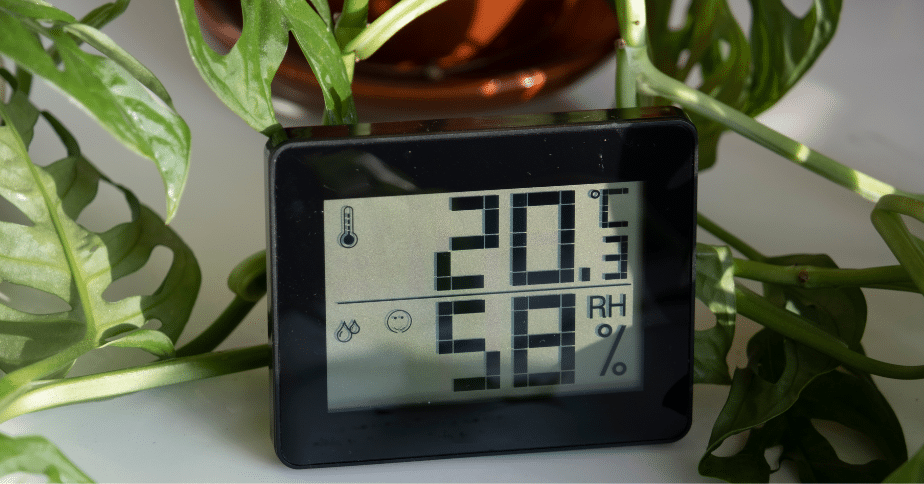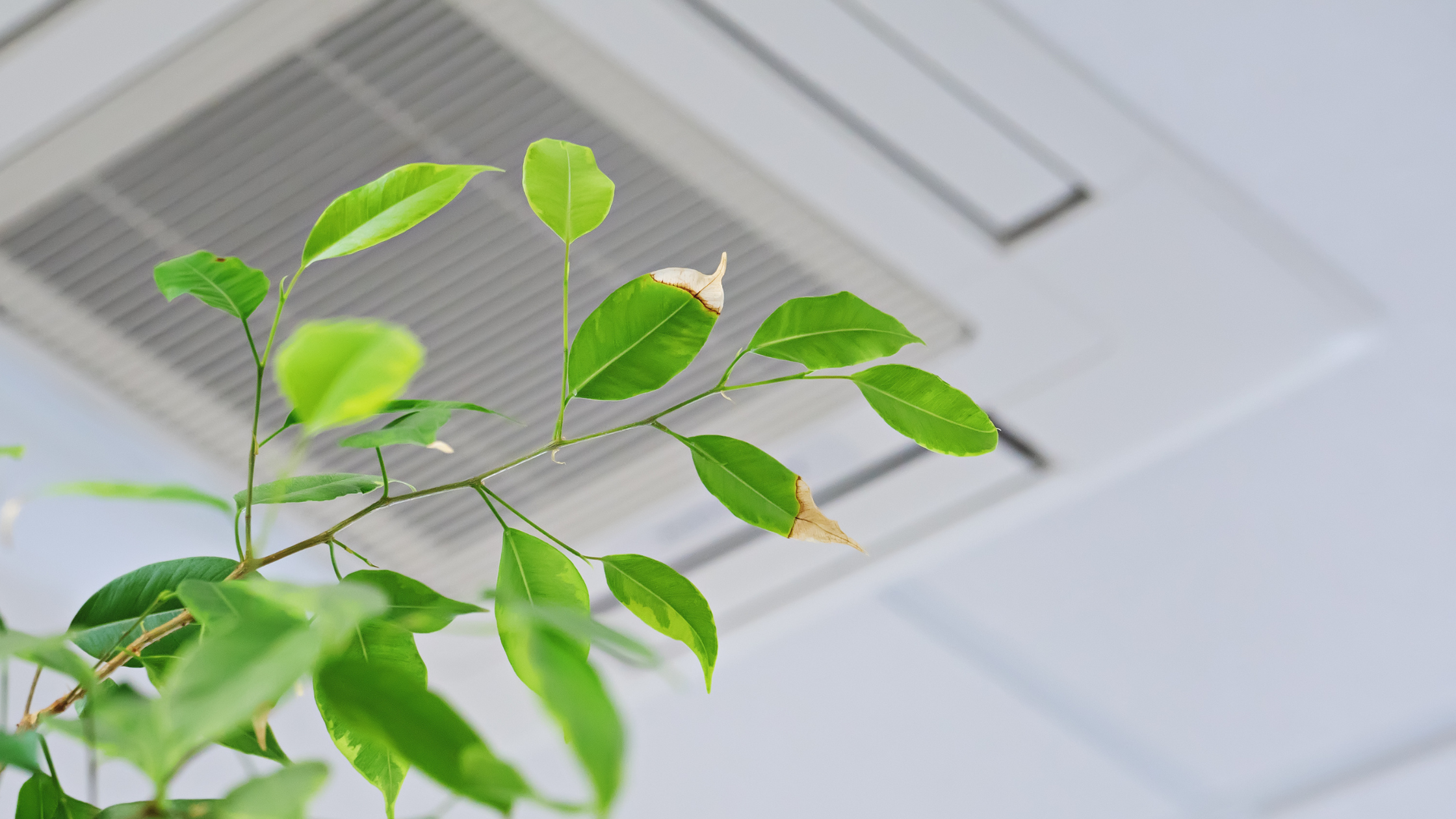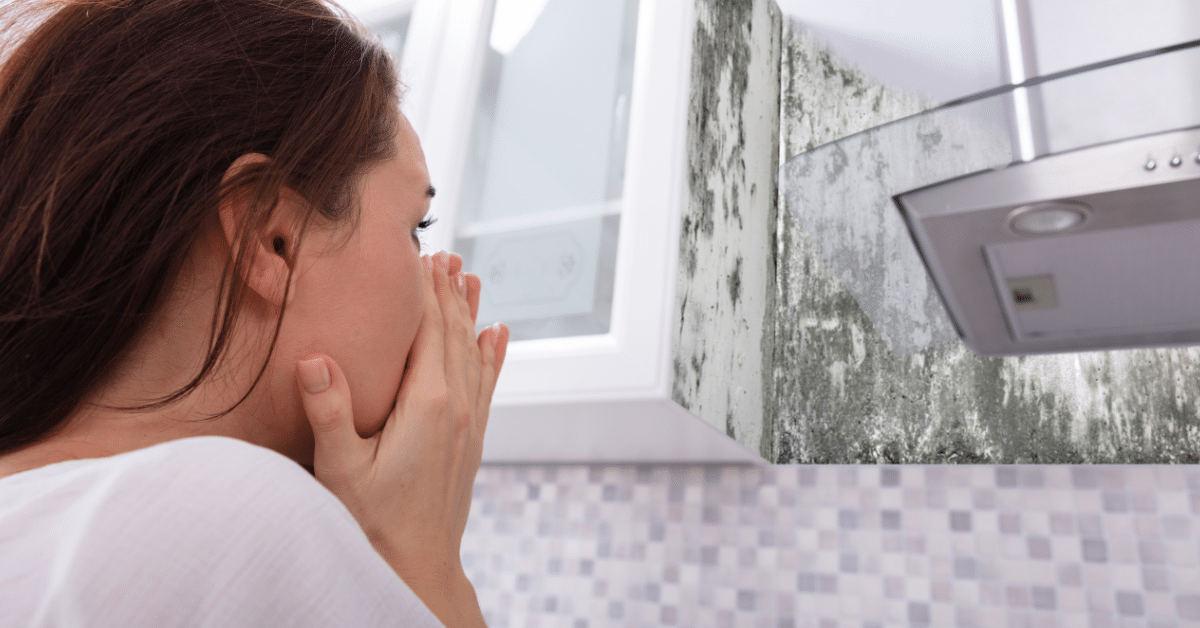What Causes Formaldehyde Pollution?

Owning a home is one of the great joys of life. From decorating it to spending relaxing time together as a family, it seems that your home is one of the safest and most peaceful places you can be. However, your home may not be as safe as you think. There are several ways your home may become contaminated, compromising your health. One such way is through formaldehyde pollution.
Formaldehyde pollution is dangerous to homeowners, potentially causing major health problems. With several sources causing this gas to enter your home, it can be difficult to be sure that you are safe. Thankfully, there are ways you can protect yourself and your home from this gas. Here’s what causes formaldehyde pollution and how you can prevent it.
What Is Formaldehyde?
Formaldehyde is a colorless gas with a strong odor. It is typically used as a building material and is common in many household products such as:
- Pressed wood
- Particleboard
- Plywood
- Fiberboard
- Glues
- Adhesives
- Permanent-press fabrics
- Paper coatings
- Multiple insulation materials
Formaldehyde dissolves quickly in air and water and becomes a base known as formalin. This is commonly used as a disinfectant in funeral homes and medical facilities. Formaldehyde can also be found in materials in which it is not used. This is because some substances and products release formaldehyde in a natural process. Substances that release this gas may include:
- Makeup
- Shampoo
- Lotion
- Soap
- Cleaning materials
While formaldehyde is common, it can result in health damage through formaldehyde pollution.
What Causes Formaldehyde Pollution?
Formaldehyde pollution is caused by overexposure to high concentrations of formaldehyde. Typically, the biggest cause of formaldehyde pollution is pressed wood or adhesives used in flooring, cabinets, and other furniture. Large amounts of wood containing formaldehyde can result in high levels of exposure, causing health issues.
Formaldehyde pollution can result in watery eyes, itchy or burning eyes and throat, nausea, or difficulty breathing. Extreme exposure can also result in asthma attacks, cancer, severe coughing, rashes, or other allergic reactions. Thankfully, there are simple ways to mitigate these risks and protect your health.
How To Prevent Formaldehyde Pollution
Protecting your home from formaldehyde pollution is as simple as avoiding materials that will allow the gas to enter your home. The risk of exposure can be minimized by implementing a few small changes to your home.
Stop Smoking
You’re probably thinking “wait, you said small changes!” If giving up smoking is too difficult, you can still protect your home by smoking outside. As cigarette smoke builds up in your home, formaldehyde pollution grows as well. Smoking outside will reduce build-up, increasing the quality of the air inside your home.
Keep Your Chimney Clean
Keeping your chimney clean and unobstructed will allow air to flow outside where it’s supposed to go. Build-up causes smoke to enter back into your home, furthering your risk of pollution.
Be Careful Which Wood Products You Buy
Since pressed wood is high in formaldehyde, purchase wood products such as flooring and furniture that are made with formaldehyde-free materials. Furthermore, you can limit the risk of exposure by buying products that are sealed on all sides or coating in a laminate of some sort.
Keep Your Home Well Ventilated
Over time, it’s natural that some formaldehyde will enter your home through one means or another. Thankfully, you can dismiss this issue by keeping your home well ventilated. Open your windows and doors every now and then to allow the air in your home to circulate and freshen up.
How Can Air Quality Assessors Help?
Mold, dust, and other pollutants lower your indoor air quality and weaken your immune system. If you notice that you have a problem with mold or mildew in your home, it is best to enlist the help of a professional. Contact AQA if you have any questions or concerns about mold in your home or business. With their combination of experience and knowledge, you can be assured that everything will be handled properly.



